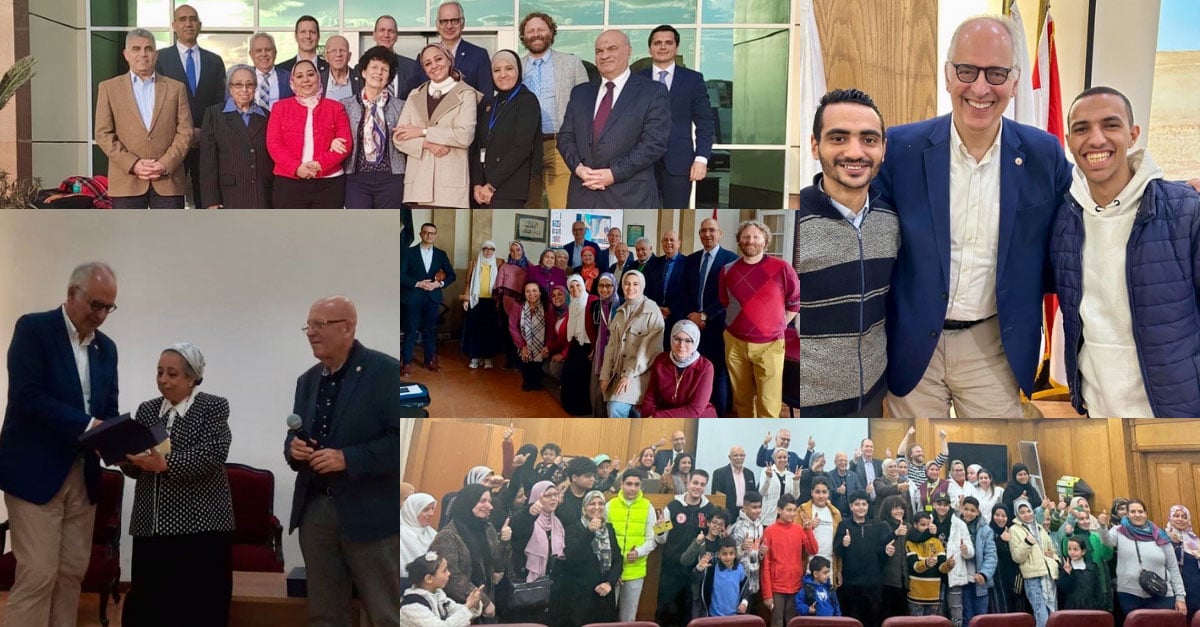Alain Baumann, WFH CEO; and Assad E. Haffar, MD, WFH Medical & Humanitarian Aid Director; visited three hemophilia treatment centres (HTCs) in Cairo, gaining valuable insights on the evolving landscape of care, and the efforts of the EHS. These efforts have included working with the WFH on a trilateral memorandum of understanding (MOU) for a WFH Path to Access to Care and Treatment (PACT) Program partnership between the WFH, the Egyptian Ministry of Health (MOH) and the ESH (read that story here).
The progress the WFH team saw in Egypt was encouraging, but despite these advances, many adults with bleeding disorders (PWBDs) can only access treatment for acute bleeds. Those without insurance continue to rely on the WFH Humanitarian Aid Program for donated treatment products.
In this context, Grifols invited the WFH to visit their state-of-the-art plasma collection facilities in Egypt, where they are pioneering an innovative public-private partnership to expand access to treatment. The International Patient Organisation for Primary Immunodeficiencies (IPOPI), a non-profit dedicated to improving awareness and access to early diagnosis and optimal treatments for primary immunodeficiency patients worldwide, also visited the facility to see how it could support their own objectives. This provided the WFH and IPOPI—who have similar mandates, but for different communities—the chance to exchange learnings and experiences.
This initiative by Grifols is another example of the company’s dedication to the global inherited bleeding disorders community. They have also been a steadfast supporter of the WFH, and were one of the first donors to the WFH Humanitarian Aid Program. The WFH is grateful for their continued commitment to improving care.












